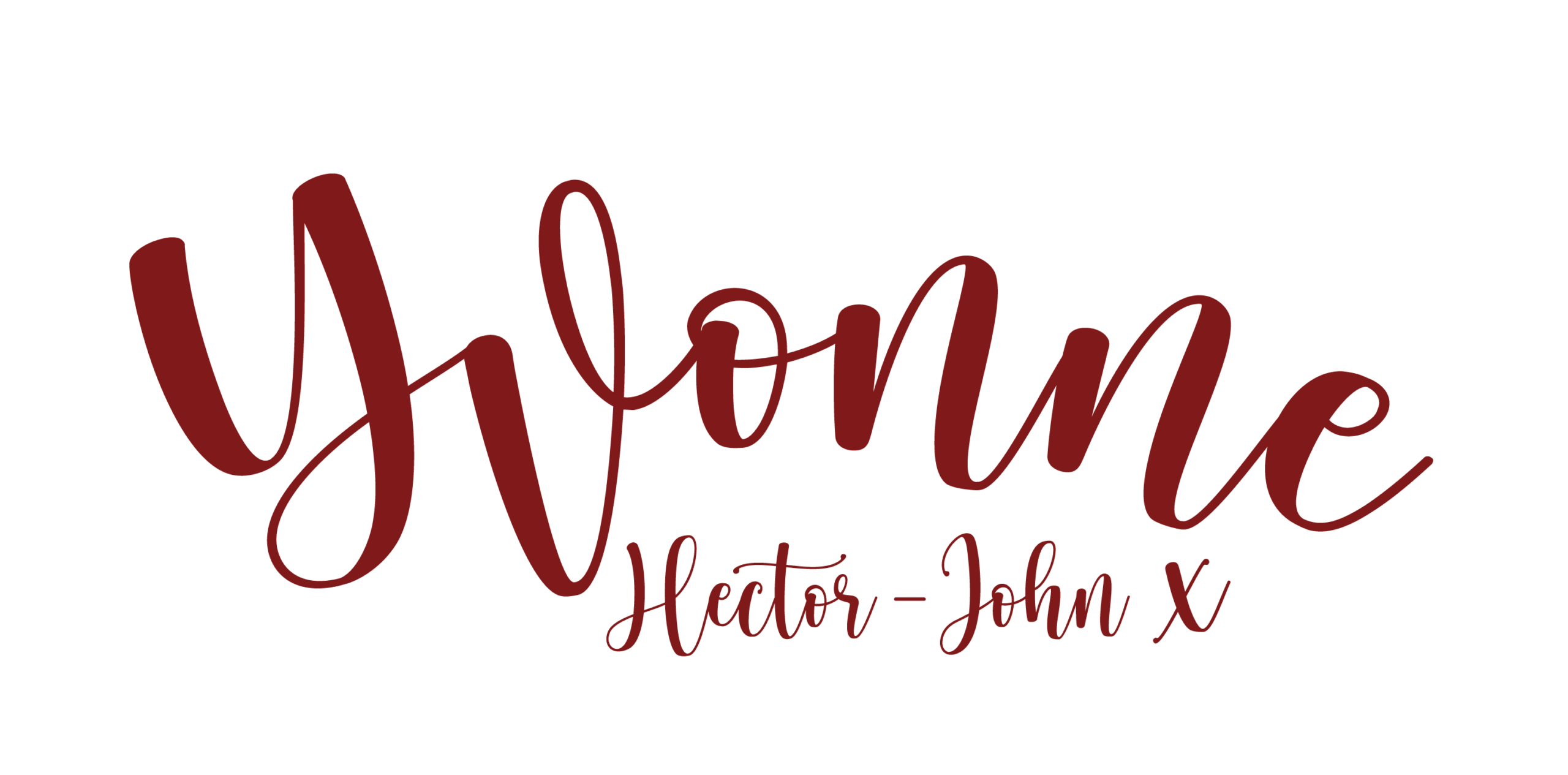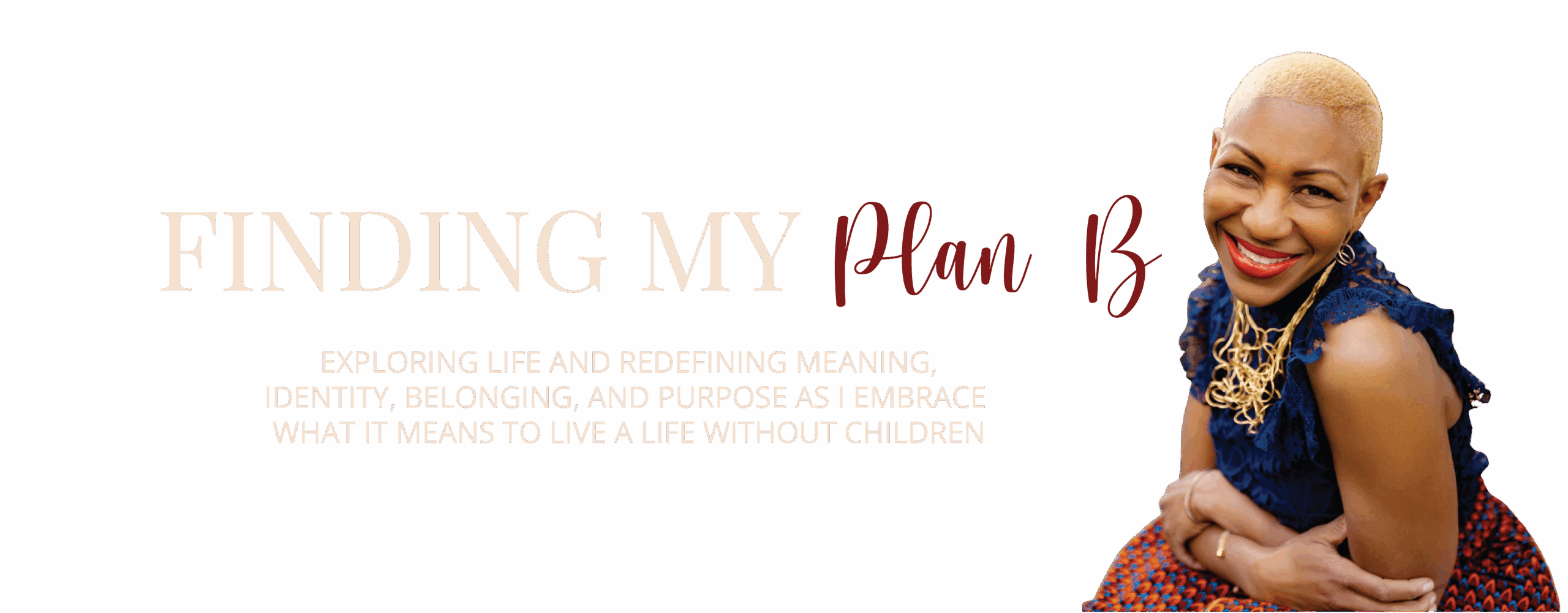
Recently I took part in Nova Reid’s Courageous courage – BME edition 5-day interactive on-line training event. Yep the title itself sounds intriguing doesn’t it?

Hearing Nova’s interview on the Project Love platform led me to come across her Ted Talk and training courses. As you know I talk about the BAME’s experience around infertility and have also started to have conversations, at the establishment I work in, about my (and other black people’s experiences) around racism. I am now noticing how scary and hard it is to be that vulnerable in white spaces – yep the spaces I haven’t necessarily invited me in to have these conversations, and even when they do (invite me in) I don’t think they are always ready to hear (the depth of) what I (or other people of colour) have to say.
I’ve noticed in the past that when talking, or attempting to talk, about racism white people expect me to have ‘facts’ to back up what I am saying. To be honest I have found this to be true on a number of, none race related, conversations. It’s those times where their ego will not allow them to hear that I am unhappy with something (they’ve done) that I am then trying to talk to them about – it’s like whatever I have to say or my lived experience is just not good enough. I think that everything comes down to race anyway so I am now wondering how much being a black woman in these (supposedly non-racial) situation’s makes it harder because I am a black woman talking to a white person about what they do not always want to hear or even see. I wonder how much people of colour rely on having the ‘facts or statistically data’ as a way of feeling more comfortable when being in these white spaces as a way of adding credibility to our experiences.
The Courageous courage – BME edition training event covered;
- Microagression
- Anxiety
- Meeting our needs, resilience and social location
- Systematic racism
which really brought together my thoughts around how racism shows up in our everyday interactions. For many of us, it’s those “did they really just say that???” or those head-slapping moments that we can’t believe just happened but if we try to addressed it we’d get dismissed as being ‘over sensitive’.
The training event is designed to empower people of colour to be our own advocates. For us to be able to talk about our experiences that require us to, firstly, feel safe enough to be able talk. It also requires us to have compassion for ourselves and for others. If we understand that the white spaces/ systems that we operate in want to keep us small and subservient in order to maintain it’s status quo (white supremacy) – albeit (on the most part) subconsciously; think about the genetic memories that we are all carrying – then we can start to understand that there are many layers of stuff that we need to peel back before white people are able to hear our hurt/ our experiences and also sit with their own un-comfortableness around this topic. It reminds me of a quote by Jody Day 2018 “When you’re accustomed to privilege equality can feel like oppression”. But it has to start with our healing and allowance to have these open and honest conversations.
I leant from the training event [using quotes from the event] that anti-racism work is about healing. This healing allows us to operate from a place of power and not pain/ it allows us to show up in the world differently. It allows us to set boundaries to help us maintain our well being, it teaches others how to treat ourselves and it allows us to reclaim our power.
“We have a lot of trauma in our history, until we intentionally start to heal this trauma and allow ourselves to feel like we deserve to heal, we will continue to pass down cycles of trauma, cycles of oppression, maintaining the status quo to generation upon generation and the system (white supremacy) remains upheld”
I am reminded that we as a race we often feel like we have to make ‘white people’ comfortable with our existence, we form our groups for example and use less provocative titles such as ‘multi-cultural society’ so that we appear to be inclusive and less threatening but at what cost??? – BAME only spaces are needed for us to experience a sense of worthiness and belonging – spaces were we feel that our needs (being seen, heard and understood) are being met. Nova mentioned to me that we can have white allies in our groups but they need to be able to hold the space for us to speak our truth.
Taking part in the training event reminded me that racism weaves through all aspects of our lives and if we can’t speak about our everyday stuff then we won’t be able to show the required level of vulnerability when it comes speaking up about racism. We won’t be able to show any level of vulnerability to face other issues (such as infertility) in our lives.
Nova taught me that social location (a new aspect for me) helps us identify who we are, who we’ve become, how outcomes & experiences are impacted us – helps us to have an awareness of how we are victims of oppression and how we hold privilege in certain settings. Social location impacts on how we see ourselves and can manifest where people start to dissociate from people at the bottom of the group eg having a better outcome if you’re closer to the white person in power.
I think my main takeaway from the event is that we need to stop seeing racism as a dirty word to be whispered in shame. There are several news headlines asking, “Why are BAME NHS workers dying as a higher rate than their white colleagues?” Its time to start recognising/ highlighting/ showing the impact that our years of discrimination is having on us. It’s time to start having those difficult conversations…
“We are one thought away from having a different experience”
“Owing our vulnerability and being in control of where our story goes allows us to no longer sit in the role of victim”



Recent Comments